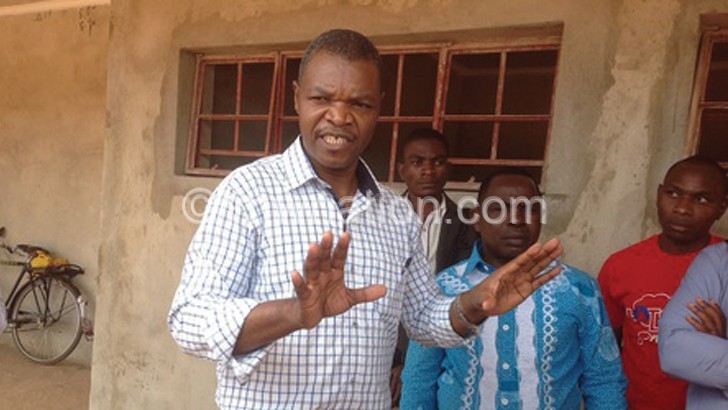Mzuzu-bound 6MW genset to arrive this week—Egenco
The Electricity Generation Company (Egenco) says a six megawatts (MW) diesel-powered generator for Mzuzu is expected to arrive this week.
The 6MW generator is part of Egenco’s interventions to ease the current electricity generation challenges that the country is facing due to a decline in water levels in Lake Malawi and its sole outlet, the Shire River, which is home to over 90 percent of the country’s hydro-power plants.

In a telephone interview on Wednesday last week, Egenco chief executive officer (CEO) William Liabunya said they received confirmation last Monday that the generator had left Beira in Mozambique and that within five to six days, it would be at the border.
“There were some clearance issues in Beira regarding the generator, but on the 13th [of November] this week we confirmed that it had left Beira. We are expecting that by next week, probably on the 22nd or 23rd, it will have arrived in Mzuzu,” he said.
According to Liabunya, who said the current generation capacity is around 145MW to 150MW, said they registered a slight improvement over the weekend in the generation capacity following rains that fell in some parts of the country.
He, however, said only rains from the Southern Region would have an impact on the lake levels as they are deposited into the lake, unlike those from the Central and Northern regions.
Six sites comprising Mapanga and Chigumula in Blantyre, Mfundisi Cross in Mulanje, Monkey Bay in Mangochi, Kanengo in Lilongwe and Luwinga in Mzuzu have been identified to accommodate generators that will add 50MW to the national power grid.
In view of the generators as an alternative source to hydro-electricity, Egenco has applied to the Malawi Energy Regulatory Authority (Mera) through the Ministry of Natural Resources, Energy and Mining to increase electricity tariffs.
Last week, two civil society organisations (CSOs), the Centre for Human Rights and Rehabilitation (CHRR) and Centre for the Development of People (Cedep), issued a statement in which they blamed government for its failure to address the electricity challenges, saying it is an indication of failed leadership.





